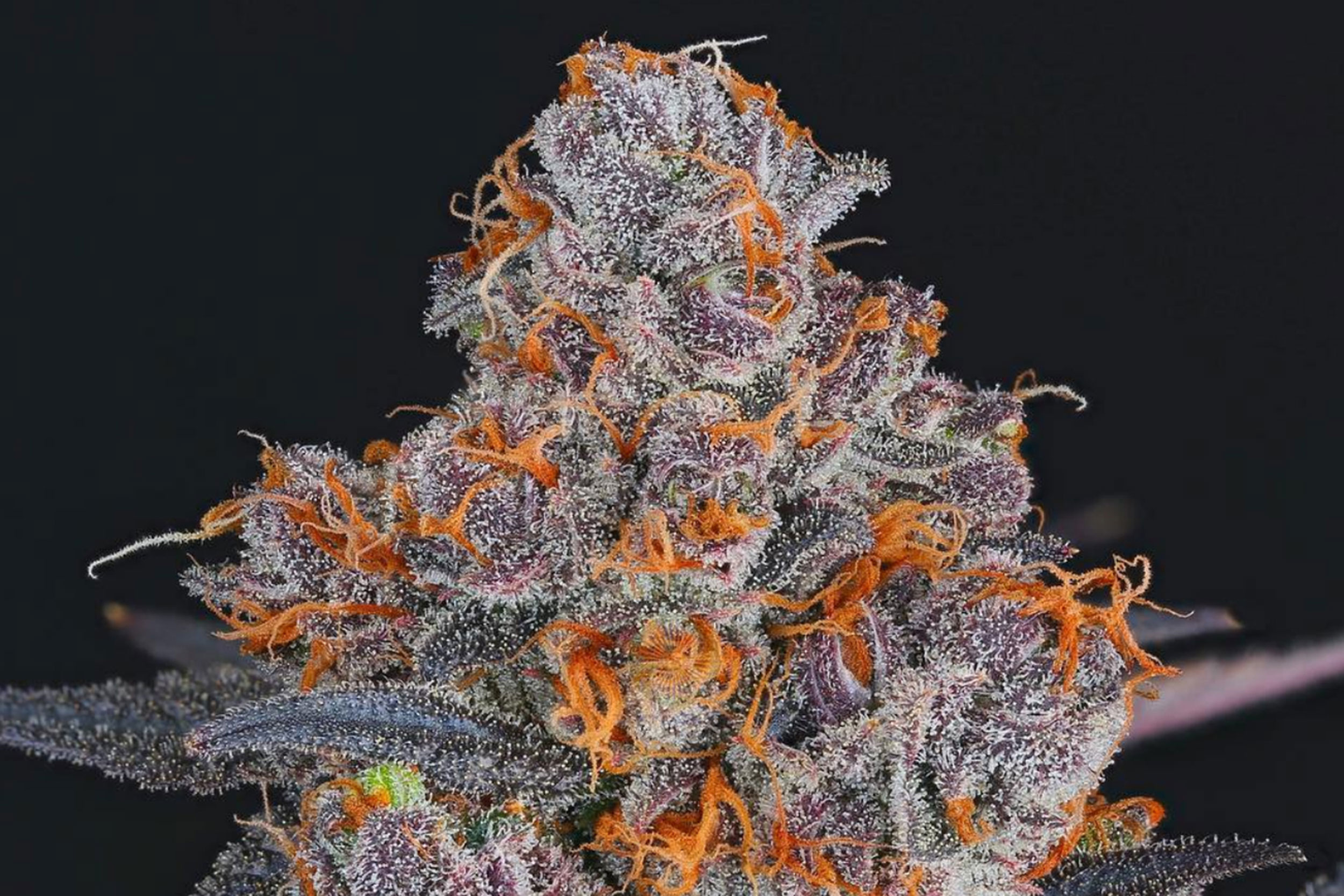The November 5 election is just days away, and voters in multiple states and cities are gearing up to consider a variety of marijuana proposals, including three to legalize recreational marijuana.

These measures, if approved, could bring significant changes to local and state marijuana policies. This includes potentially adding to the 38 states that have legalized medical marijuana, and the 24 that have legalized recreational marijuana.
With that in mind, below is a breakdown of every state and city voting on marijuana proposals on November 5.
State Proposals
Florida
Amendment 3 would allow those 21 and over to legally purchase and possess up to three ounces of cannabis and up to five grams of marijuana concentrates. For months, polling has consistently shown the measure has support exceeding the 60% threshold required to pass a constitutional amendment, including a University of North Florida poll released last week which found 66% of likely voters in support and just 30% opposed.
The organization leading this campaign, Smart & Safe Florida, has raised around $150 million, marking it as the most heavily financed marijuana legalization campaign in U.S. history.
For the full text of Amendment 3, click here.
Nebraska
Nebraska voters are considering two medical marijuana initiatives, which serve as companion proposals. The Nebraska Medical Cannabis Patient Protection Act would provide legal safeguards for patients and healthcare providers who recommend medical marijuana. The Nebraska Medical Cannabis Regulation Act would authorize the use, possession, and regulated distribution of cannabis products for patients with a healthcare provider’s recommendation. This measure also proposes establishing the Nebraska Medical Cannabis Commission to oversee all aspects of the industry, including registration, production, distribution, and sales of medical cannabis.
According to polling released last week, 59% of likely voters in the state support legalizing medical marijuana, with just 33% opposed.
For the full text of the Nebraska Medical Cannabis Patient Protection Act, click here.
For the full text of the Nebraska Medical Cannabis Regulation Act, click here.
North Dakota
North Dakota’s Measure 5 will ask voters whether to approve recreational marijuana for adults 21 and over. The proposal includes allowances for possession of up to one ounce of cannabis, four grams of concentrate, and 300 milligrams of edibles. It also provides for a regulated retail and cultivation market with set license caps. Recent polling indicates 45% of North Dakotans support Measure 5, with 40% opposed and 15% undecided.
For the full text of Measure 5, click here.
Oregon
Measure 119, known as the United for Cannabis Workers Act, will be on Oregon’s ballot. Proposed by United Food and Commercial Workers (UFCW) Local 555, this measure aims to guarantee cannabis industry workers the right to organize and bargain collectively. Although joining a union would be optional, this proposal would provide legal protections for those choosing to join one.
For the full text of Measure 119, click here.
South Dakota
South Dakota voters will once again consider the legalization of recreational marijuana with Measure 29. This initiative would allow adults 21 and older to possess up to two ounces of marijuana and grow up to 12 plants for personal use. The measure also includes provisions for regulated licensing of marijuana businesses.
Voters approved a similar legalization initiative in 2020, but it was thrown out by the courts. In 2022, voters narrowly rejected a legalization measure that was designed to address the court’s concerns, with many analysts attributing the loss to a reduction in voter turnout given 2022, unlike 2020, was not an election year. Now, proponents of the measure are hoping that with updated language, and with the proposal again on a presidential ballots, voters in the state will finally legalize cannabis.
For the full text of Measure 29, click here.
Arkansas*
On the November 5 ballot in Arkansas is an initiative that would greatly expand the state’s medical marijuana law, including allowing patients to grow their own medicine, allowing dispensaries to sell smokeable products like prerolls, and allowing physicians to recommend the medicine for any condition they deem appropriate. However, in a recent 4 to 3 decision the state’s supreme court has invalidated the initiative, meaning it will not be enacted into law regardless of the results.
Despite its passage not impacting the law, strong support for the measure could send a strong message to state lawmakers.
Local Proposals
Dallas, Texas
Ground Game Texas has placed a marijuana decriminalization measure on the November ballot in Dallas. If approved, law enforcement would issue a citation, similar to a traffic ticket, for the possession of up to four ounces of marijuana rather than making an arrest.
Texas Attorney General Ken Paxton has filed lawsuits against five other Texas cities with similar decriminalization ordinances, though lawsuits in Austin and San Marcos have already been dismissed by local judges.
Lockhart, Texas
In Lockhart, a city of approximately 15,000 residents, voters will consider a similar marijuana decriminalization ordinance. This measure would treat possession of up to four ounces of marijuana as a ticketable offense rather than a criminal charge that could lead to jail time.
Bastrop, Texas
Residents in Bastrop, a town with around 11,000 people, will also vote on a measure that would make marijuana possession a non-criminal offense. Currently, under Texas law, possessing up to two ounces of marijuana is punishable by up to 180 days in jail as a misdemeanor, while possessing between two and four ounces can result in up to one year in jail.
Over 100 Kentucky Cities and Counties
Over 100 cities and counties in Kentucky will be voting on whether or not to allow medical marijuana dispensaries within their jurisdictions. For a full list of these localities, click here.






